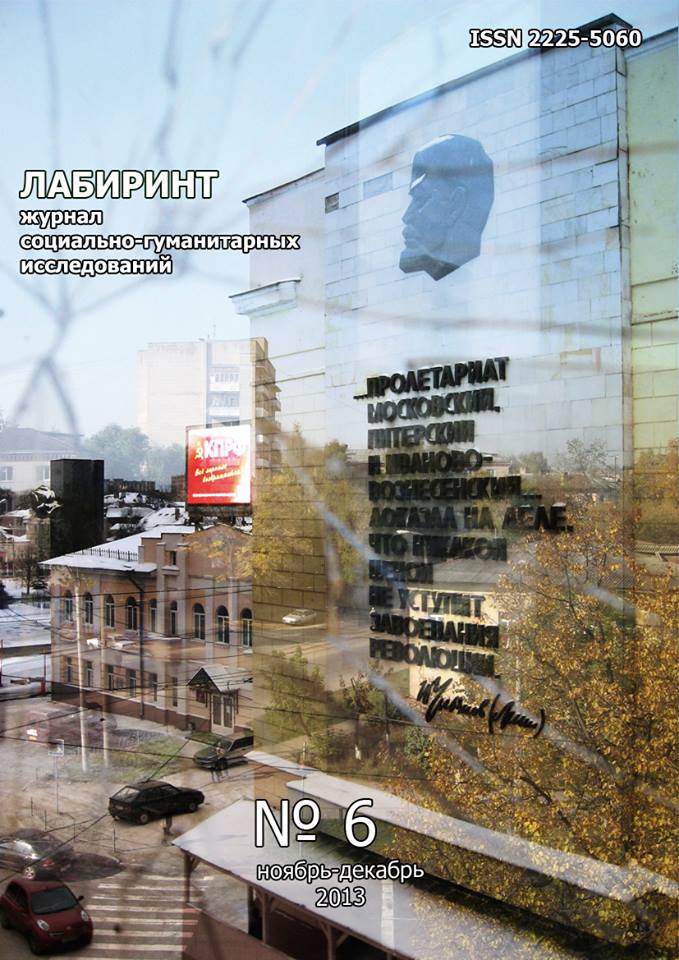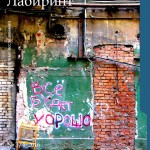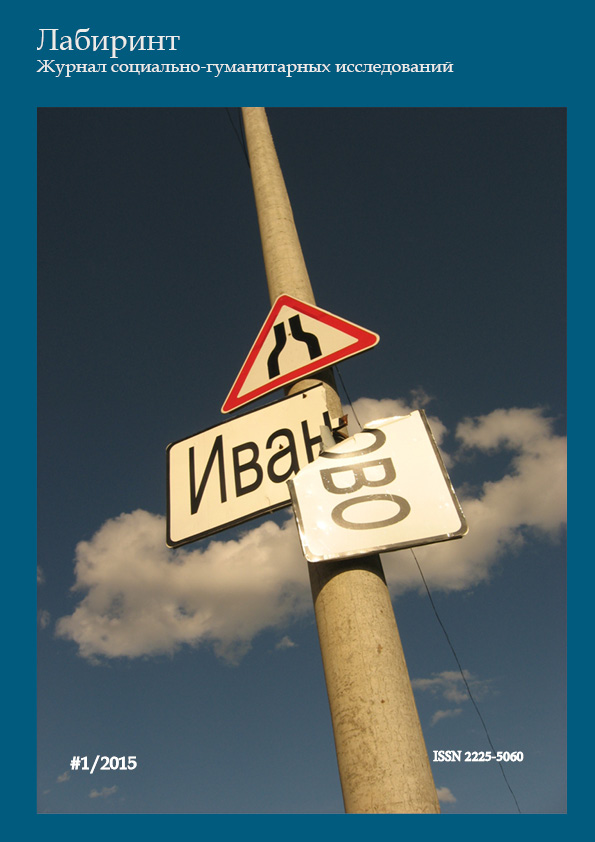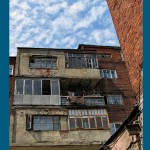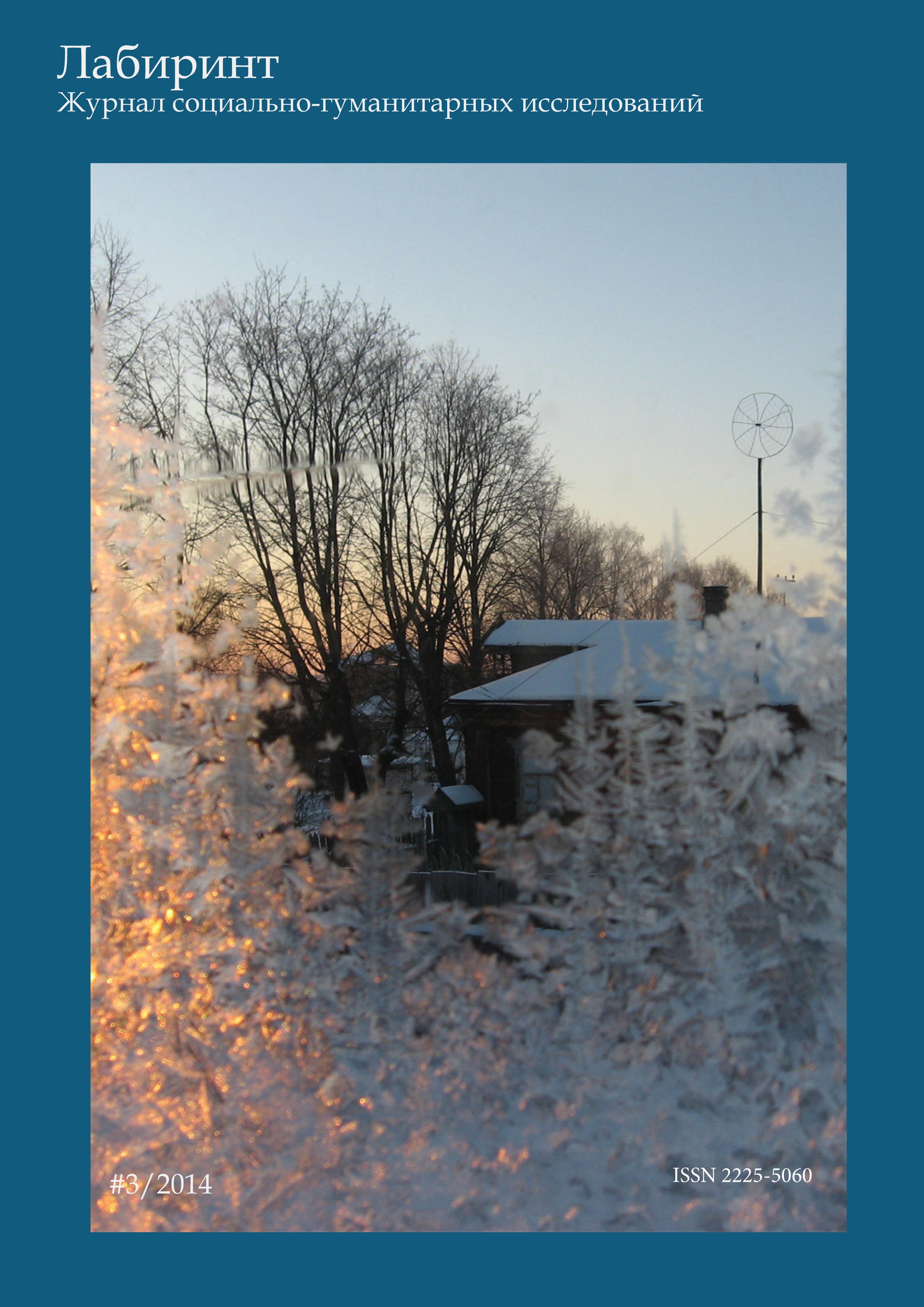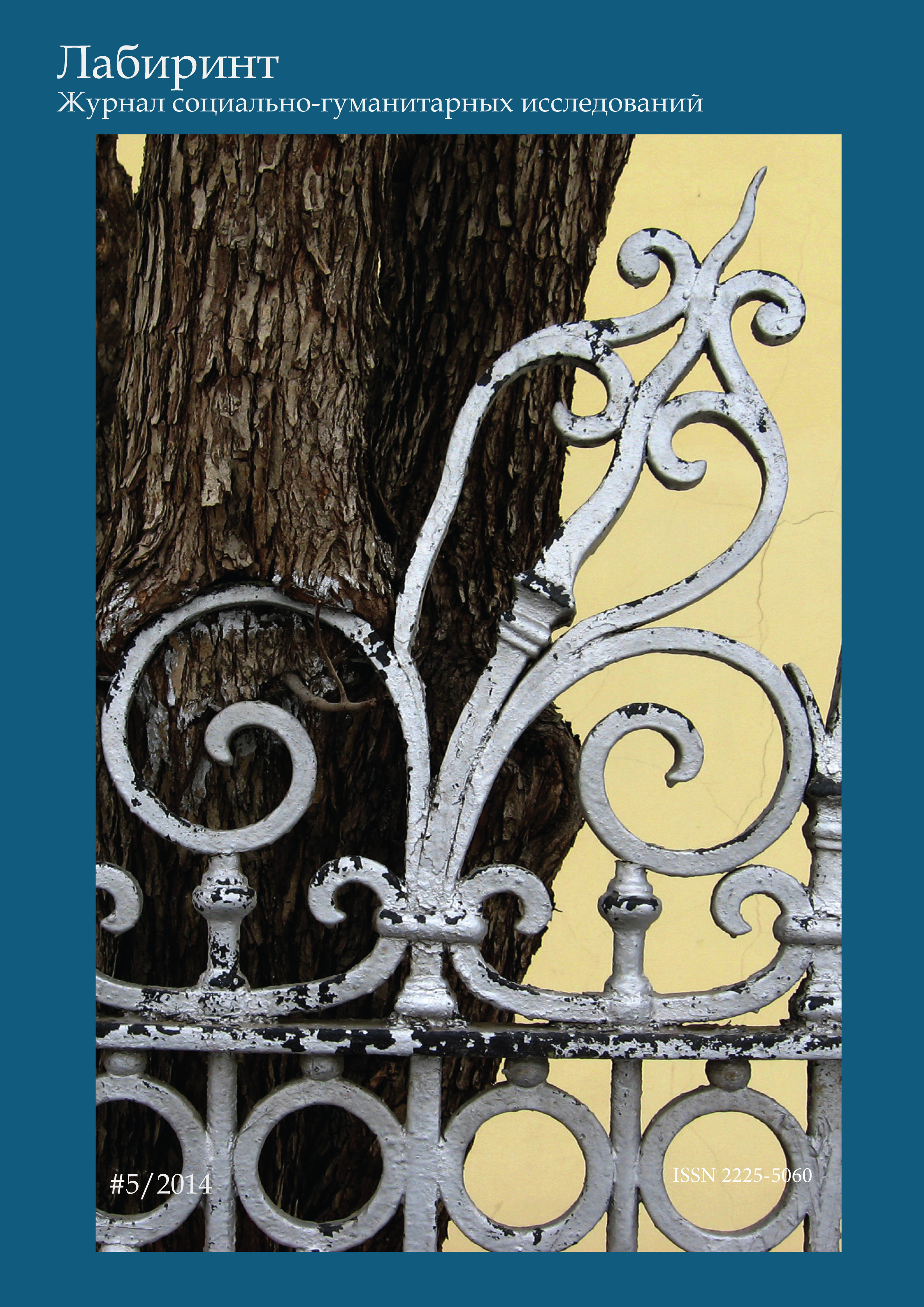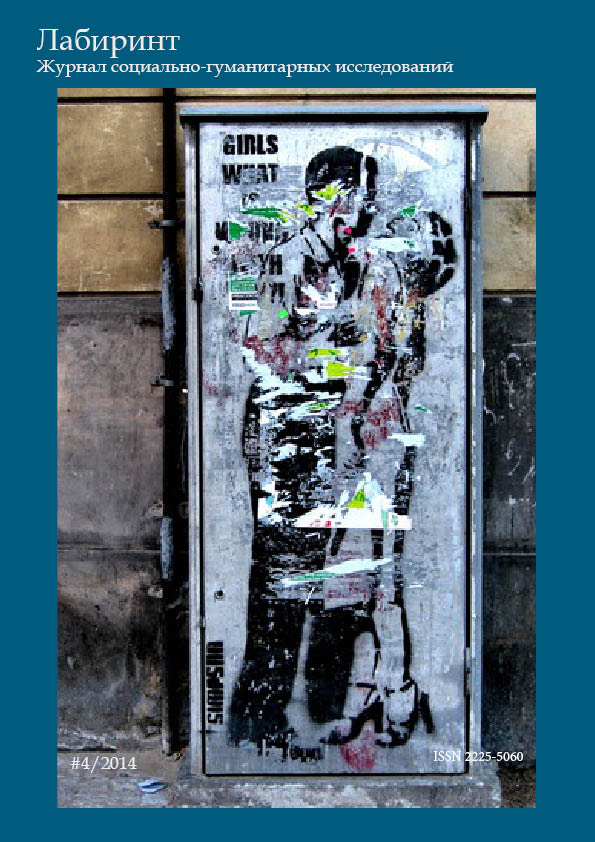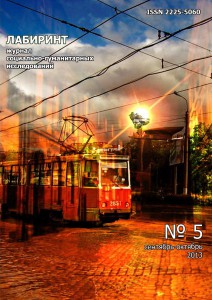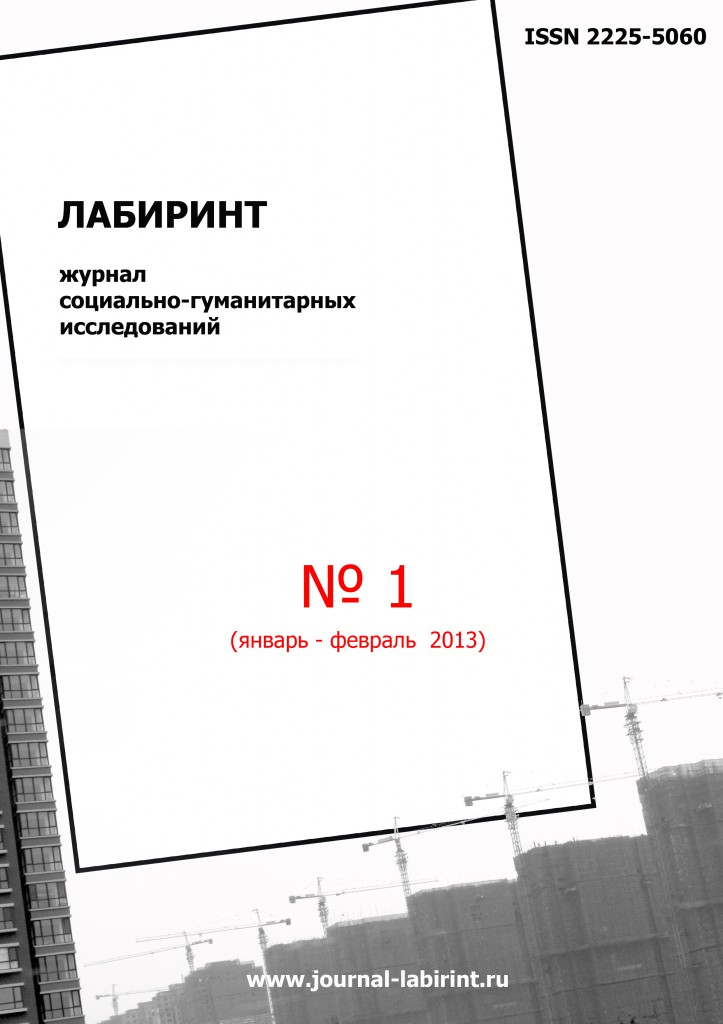
ГОРОД БУДУЩЕГО: ОНТОЛОГИЧЕСКИЕ ОСНОВАНИЯ
This article is a part of the study about "the future and its educational requirements." The article is aimed at on the ontologisation of ideas about the future, at creative, heuristic component of these representations, and, consequently and inevitably, at shocking those who see the future as a continuation of this trend, or stretching of the past. To the author’s opinion, the city is a reflection of social life, that’s why while considering the future it is useless to discuss the future of architectural and urban planning issues until the social assumptions, expectations, projects, theories, ontological ideas are defined. The city, including the city of the future, is a self-developing system.
More...
